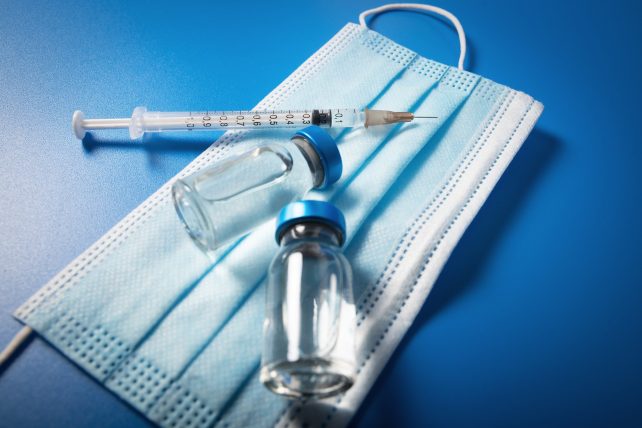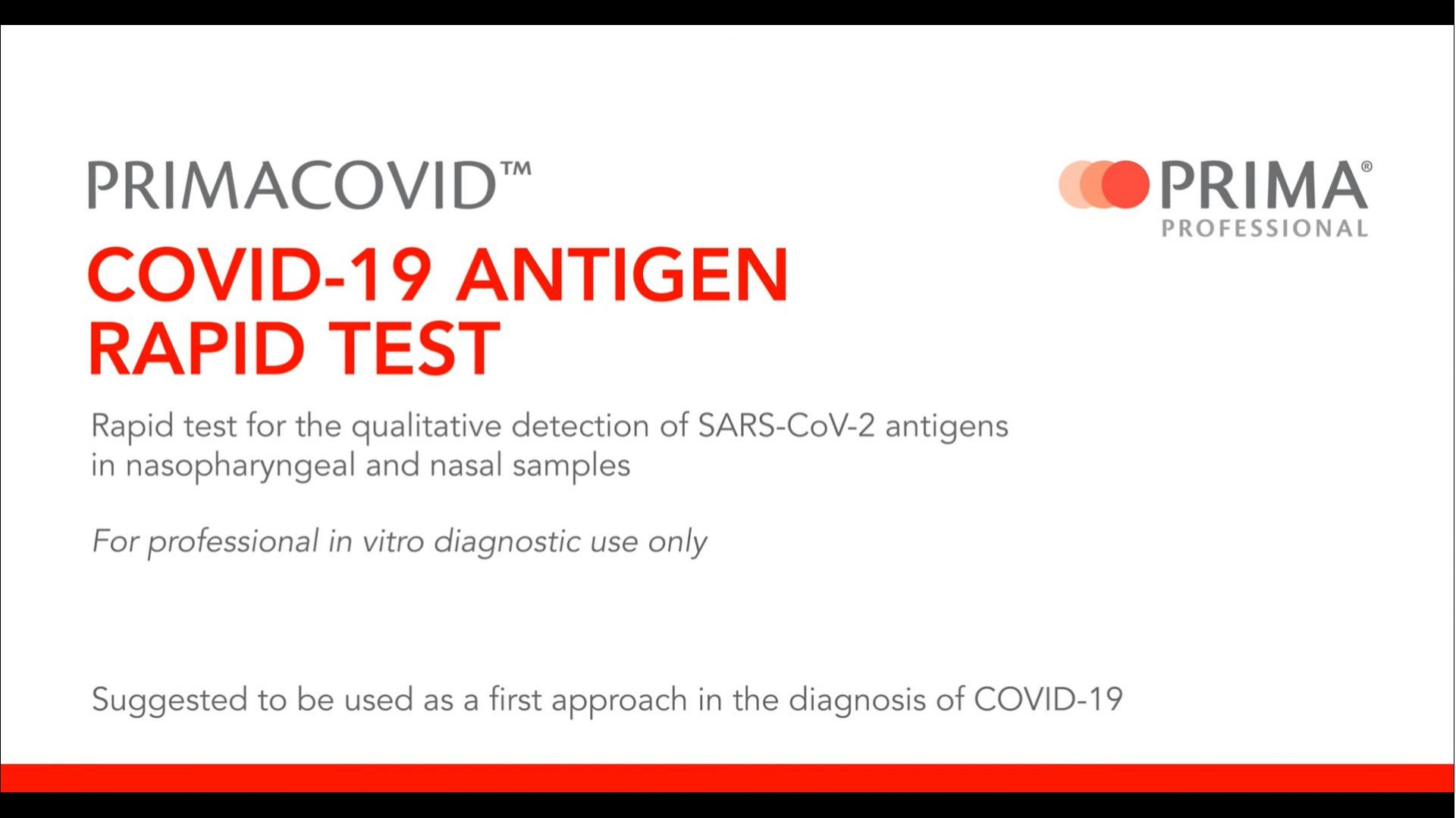Combatting COVID-19
COVID-19 News
[BBC News] Covid global health emergency is over, WHO says
May 5, 2023 | Comments: 1COVID-19 Statistics
COMBATTING COVID-19: Vaccine immunity vs natural immunity
October 21, 2021
*Editors note* During a time when content on established media is heavily scrutinized, and deleted outright for providing misinformation Dr. John Campbell’s videos have remained (to the best of our knowledge) uncensored on all his social media platforms. A significant achievement considering that other content has been forcibly removed or entire accounts deleted for attempting to tackle the potentially contentious topics he regularly examines – such as ivermectin treatment (and other alternative treatments) for COVID, vaccine efficacy and vaccine immunity vs natural immunity.
This may be due to his candid but even-handed data-driven approach that uses recognized sources. He refrains from giving direct medical recommendations other than to suggest that people read the science and seek professional medical advice before making a health decision.
In this video Dr. Campbell looks at the science of immunity derived from vaccines vs immunity derived from natural infection as well as policy statements from government authorities on the issue.
Disclaimer; These videos are not peer-reviewed. They should never replace individual clinical judgement from your own health care provider. No media-based material on this channel is suitable for using as professional medical advice. All comments are also for educational purposes only and must never replace advice from your own health care provider.
John Campbell is a retired Nurse Teacher and A and E nurse based in England. He holds a PHD focusing on the development of open learning resources for nurses nationally and internationally.
https://www.youtube.com/watch?v=9bamaEMftg4
COVID-19 Videos
COMBATTING COVID-19: How to administer a COVID-19 Antigen rapid test
September 5, 2021
The Antigen test is currently the most widespread test for COVID-19 in Dominica; it has become a requirement for access to certain public and private sector institutions in the country and with Antigen testing kits already being made available to the public in other parts of the world, self administered antigen tests at home have become possible. This is not yet part of the government’s policy in Dominica but who knows what the future holds?
The information below, accompanied by a video, gives step by step instructions on how to administer a PRIMA lab antigen test.
A) Collect the nasal sample using the provided swab. Gently roll it into both nostrils and take it out. Alternatively, collect the nasopharyngeal sample by inserting the swab in the nasal cavity and holding it parallel to the palate. Gently rub and roll it and take it out;
B) Insert the swab into the extraction buffer and rotate it for about 10 seconds. Remove the swab while squeezing the sides of the test tube in order to extract as much liquid as possible;
C) Apply 3 drops of the extracted specimen into the sample well. Wait 15 minutes and read the results. After 20 minutes the results are no longer reliable.
Results interpretation:
Positive Result: Two coloured lines appear, one in the Control line region (C) and another in the Test line region (T). This result means that the test has identified the presence of SARS-CoV-2 antigens.
Negative Result: A coloured line appears in the Control (C) region and none in the Test (T) region.
Invalid Result: The Control line does not appear. An insufficient quantity of diluent or an incorrect procedure are the most likely reasons for the absence of the Control line. If the problem persists contact your local distributor.
COVID-19 Antigen Rapid Test will only indicate the presence of SARS-CoV-2 antigens in the specimen and should not be used as the sole criterion for the diagnosis of SARS-CoV-2 infections. The results obtained with this test should be considered on the evaluations resulting from other laboratory tests.

![[BBC News] Covid global health emergency is over, WHO says [BBC News] Covid global health emergency is over, WHO says](https://dominicanewsonline.com/news/wp-content/uploads/2023/05/114962792_mediaitem114962791.jpg-e1683306053504.webp)